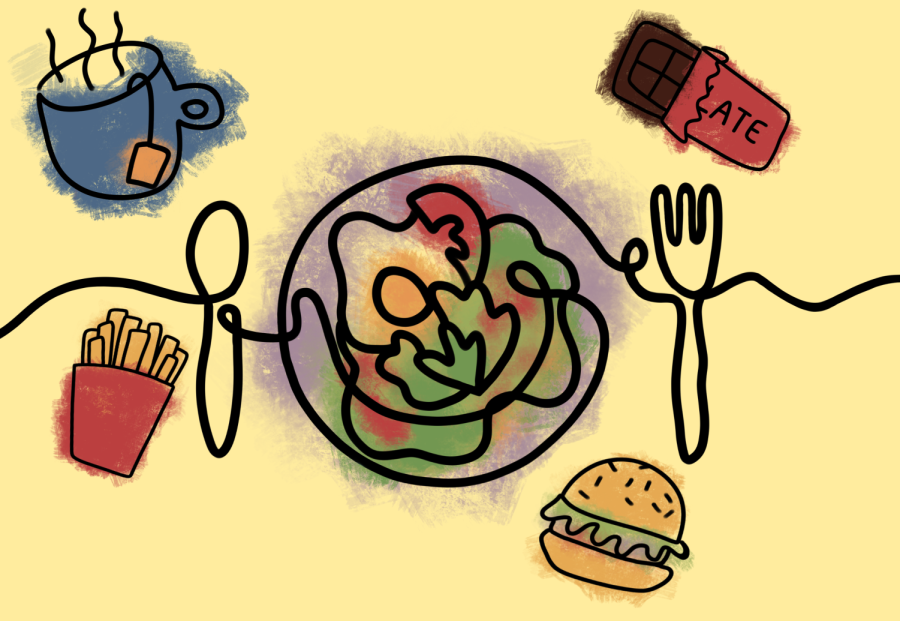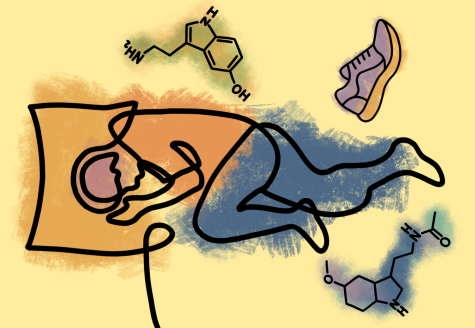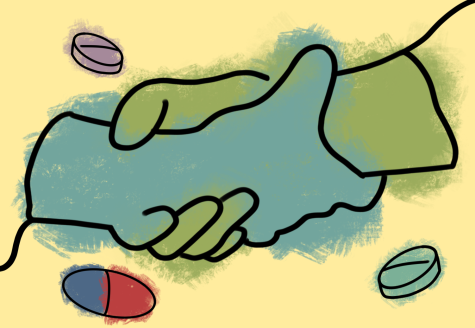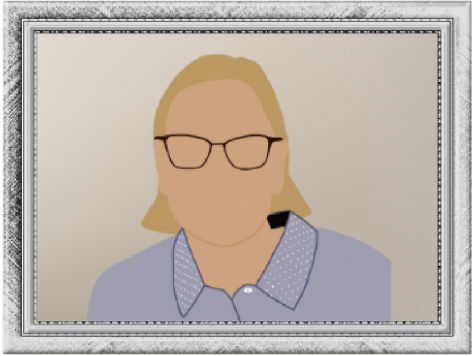Health: Media’s toxic diet culture
It is undeniable that health and beauty standards have changed drastically over time; what we once thought about the human body has since been debunked, and we as a society have changed our views to fall in line with those changes. However, with society’s dependence on the media, much of our knowledge and desires have been based on what we see on our devices, creating toxic health cultures.
Toxic diet culture is not as socially accepted as it was in the past — it is now outwardly frowned upon all over social media, since it is a known root cause of many people’s insecurities and mental health issues. Modern-day society strongly values a thin figure and discriminates against those who do not fit these beauty standards. It has become so deeply instilled that we ignore how harmful it is. Modern diet culture’s prevalence started in the tabloids, with coverage of celebrities with titles bashing them for their weight, or praising them for their unhealthy secrets to weight loss. Constant reminders that food is the enemy and promoting the idea that maintaining a low weight is a way to elevate social status also began to introduce itself during this time, leading to an increase in demand for instantaneous weight loss products like detox teas and laxatives. Now, while weight is still widely talked about in magazines, the topic is even more prevalent on social media, continuing to influence millions of people, children included.
Childrens’ brains are not fully developed, and because of this, they are more susceptible to believing and internalizing the information they see on the internet. The media is constantly feeding its users — a large portion of which are adolescents — content that paints an unrealistic and inaccurate depiction of food, nutrition and health. A study done by New Medical has shown that about 52% of girls and 45% of boys opt for skipping meals, heavy exercise and other behaviors associated with eating disorders. And of those participants of the study, 75% of the girls and 70% of the boys have at least one social media account. This shows that there could be a correlation between the media and disordered eating in children.
Seeing daily content supporting the idea of healthy eating and promoting the thought that being thin is superior, has distorted people’s view on food and themselves. This has also created an incredibly unrealistic beauty standard. A few generations ago, we saw only a few images of the socially ideal body every week. Now, the second we enter a social media app, we are bombarded with images of this one body type that is praised all over. Cultures all over the world critique women and girls’ bodies and it has had detrimental effects on those who have experienced this. In fact, Very Well Family reports that at the age of 13, approximately 53% of American girls are dissatisfied with their bodies, increasing to 78% by the time girls reach 17. This is a shocking statistic. A study by Self found that young adults and teens who reduced their social media use by 50% saw improvement in their body image.
So, while social media is not inherently a harmful place, it can be, and it is important to remember that your worth does not come from what you look like.













